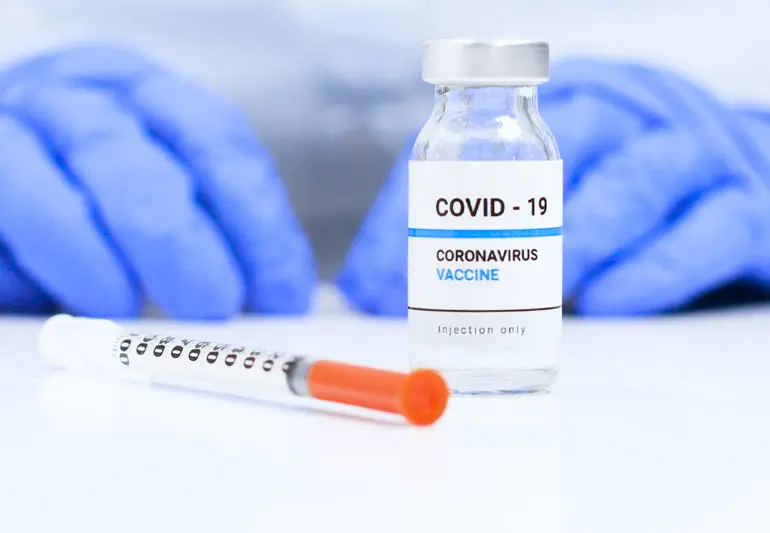- Home
- Medical news & Guidelines
- Anesthesiology
- Cardiology and CTVS
- Critical Care
- Dentistry
- Dermatology
- Diabetes and Endocrinology
- ENT
- Gastroenterology
- Medicine
- Nephrology
- Neurology
- Obstretics-Gynaecology
- Oncology
- Ophthalmology
- Orthopaedics
- Pediatrics-Neonatology
- Psychiatry
- Pulmonology
- Radiology
- Surgery
- Urology
- Laboratory Medicine
- Diet
- Nursing
- Paramedical
- Physiotherapy
- Health news
- Fact Check
- Bone Health Fact Check
- Brain Health Fact Check
- Cancer Related Fact Check
- Child Care Fact Check
- Dental and oral health fact check
- Diabetes and metabolic health fact check
- Diet and Nutrition Fact Check
- Eye and ENT Care Fact Check
- Fitness fact check
- Gut health fact check
- Heart health fact check
- Kidney health fact check
- Medical education fact check
- Men's health fact check
- Respiratory fact check
- Skin and hair care fact check
- Vaccine and Immunization fact check
- Women's health fact check
- AYUSH
- State News
- Andaman and Nicobar Islands
- Andhra Pradesh
- Arunachal Pradesh
- Assam
- Bihar
- Chandigarh
- Chattisgarh
- Dadra and Nagar Haveli
- Daman and Diu
- Delhi
- Goa
- Gujarat
- Haryana
- Himachal Pradesh
- Jammu & Kashmir
- Jharkhand
- Karnataka
- Kerala
- Ladakh
- Lakshadweep
- Madhya Pradesh
- Maharashtra
- Manipur
- Meghalaya
- Mizoram
- Nagaland
- Odisha
- Puducherry
- Punjab
- Rajasthan
- Sikkim
- Tamil Nadu
- Telangana
- Tripura
- Uttar Pradesh
- Uttrakhand
- West Bengal
- Medical Education
- Industry
COVID-19 Booster Vaccine Linked to Shorter Menstrual Cycles in Adolescent Girls in new study

Research has documented that the COVID-19 booster vaccination is associated with shorter menstrual cycles among adolescent girls aged 13-20 years. The study has indicated serious alterations in menstrual cycle length after vaccination, particularly for the second post-booster cycle, compared to non-vaccinated individuals. A study was recently published in The Journal Of Adolescent Health by Payne L.A. and colleagues.
This study focuses on menstrual cycles of adolescent girls before and after receiving the booster against Covid-19 vaccination. A total of 65 girls, 47 in the booster group and 18 in the control group, were recruited through social media and ongoing studies in the US. What was done in its place was this prospective study where the length of the menstrual cycle was measured three cycles before and four cycles after vaccination and monitoring for the control group over seven cycles with no vaccination administered.
Besides, there was the assessment of menstrual flow, menstrual pain, and symptoms at baseline and for a further period of three months. The PROMIS Pediatric Psychological Stress Experiences scale assessed primary psychological stress experience at baseline. Researchers in the study accounted for clustering in the two groups by using generalized linear mixed effects models.
Key Findings
• The average postbooster cycles for adolescent girls in the booster group was 5.35 days shorter, on average (p =0.03); the greatest rate of change was clearly evident during the second postbooster cycle. Control members did not differ in cycle length between pre- and poststudy data.
• Girls receiving the COVID-19 booster during the follicular phase of their menstrual cycle had even shorter post-booster cycles, p = 0.0157, than their menstrual cycles before the booster, perhaps signifying a timing effect of the vaccine on the regulation of menstruation.
• Higher baseline levels of stress were associated with shorter menstrual cycles in both the booster and control groups, p = 0.03, and an increase in menstrual symptoms in both, p = <0.001. These data are indicative of strong effects of stress on menstrual health, independent of vaccination group.
• There was no significant difference or interaction seen in the menstrual flow, menstrual pain, and menstrual-related symptoms of the booster group when compared to the control.
Generally, the COVID-19 booster shot shortened the length of menstrual cycles in adolescent girls, especially in the second doses administered during the follicular phase of the menstrual cycle. Even though pain and symptoms and changes in flow were not occurring significantly, this study calls for the necessity of more research on the COVID-19 vaccines with regard to their long-term consequences on menstrual health. This will also mean that stress could act as one of the decisive factors in cycle length and symptoms, hence further giving reason to the importance of addressing the conditions of mental health with regard to menstrual health.
Reference:
Payne, L. A., Seidman, L. C., Granger, S. W., Edelman, A., & Ren, B. (2024). A prospective study of the relationship of COVID-19 vaccination to menstrual cycle characteristics in adolescent girls. The Journal of Adolescent Health: Official Publication of the Society for Adolescent Medicine. https://doi.org/10.1016/j.jadohealth.2024.06.023
Dr Riya Dave has completed dentistry from Gujarat University in 2022. She is a dentist and accomplished medical and scientific writer known for her commitment to bridging the gap between clinical expertise and accessible healthcare information. She has been actively involved in writing blogs related to health and wellness.
Dr Kamal Kant Kohli-MBBS, DTCD- a chest specialist with more than 30 years of practice and a flair for writing clinical articles, Dr Kamal Kant Kohli joined Medical Dialogues as a Chief Editor of Medical News. Besides writing articles, as an editor, he proofreads and verifies all the medical content published on Medical Dialogues including those coming from journals, studies,medical conferences,guidelines etc. Email: drkohli@medicaldialogues.in. Contact no. 011-43720751


